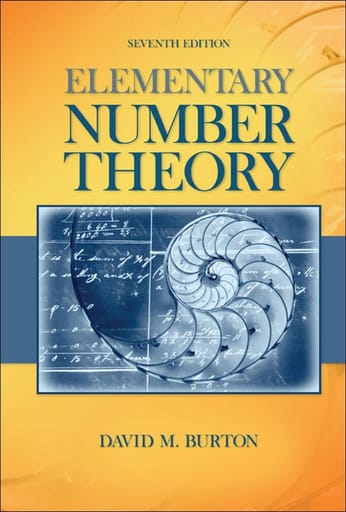Solution
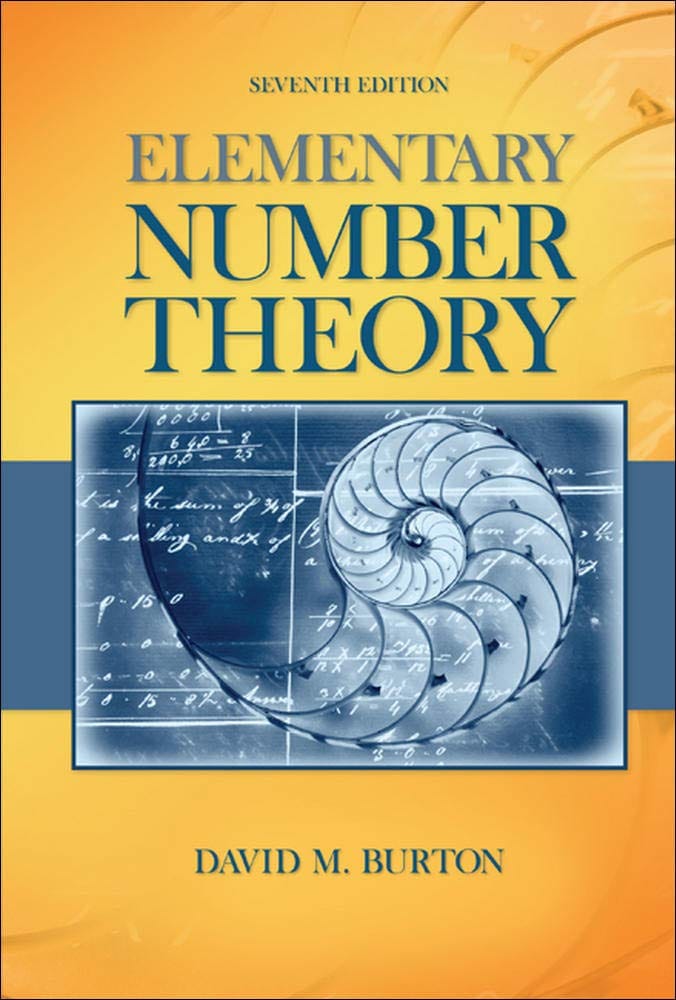
Elementary Number Theory Problems 4.2 Solution (David M. Burton's 7th Edition) - Q15 Paid Members Public
My Solution for "Establish that if $a$ is an odd integer, then for any $n \geq 1$$$a^{2^{n}} \equiv 1 \pmod {2^{n + 2}}$$ [Hint: Proceed by induction on $n$.]"
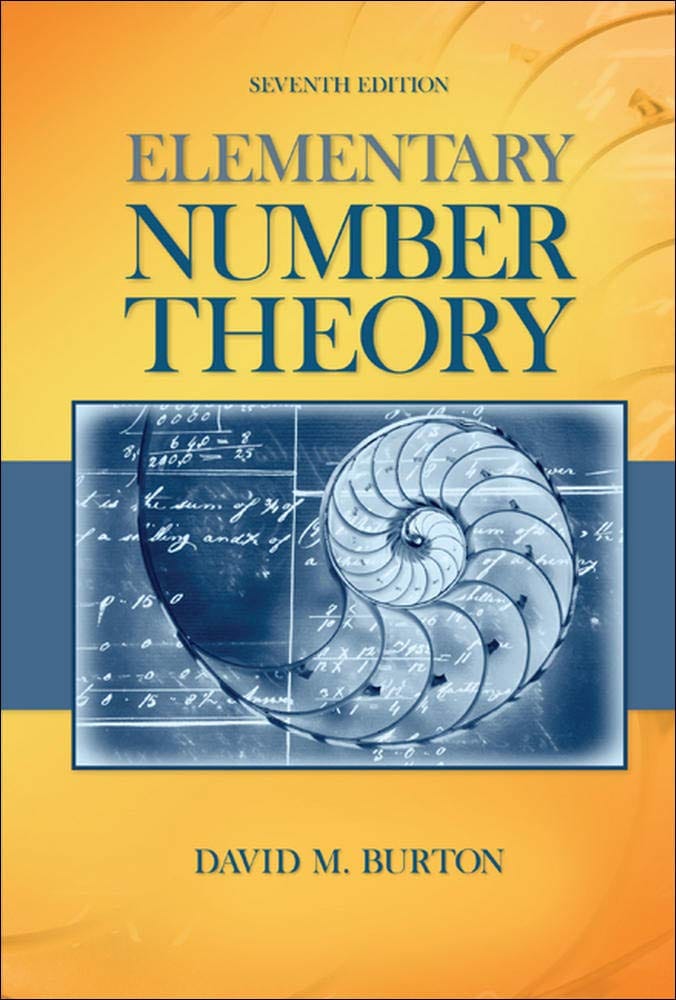
Elementary Number Theory Problems 4.2 Solution (David M. Burton's 7th Edition) - Q14 Paid Members Public
My Solution for "Give an example to show that $a^{k} \equiv b^{k} \pmod {n}$ and $k \equiv j \pmod {n}$ need not imply that $a^{j} \equiv b^{j} \pmod {n}$."

Elementary Number Theory Problems 4.2 Solution (David M. Burton's 7th Edition) - Q13 Paid Members Public
My Solution for "Verify that if $a \equiv b \pmod {n_{1}}$ and $a \equiv b \pmod {n_{2}}$, then $a \equiv b \pmod {n}$, where the integer $n = lcm(n_{1}, n_{2})$. Hence, whenever $n_{1}$ and $n_{2}$ are relatively prime, $a \equiv b \pmod{n_{1}n_{2}}$."
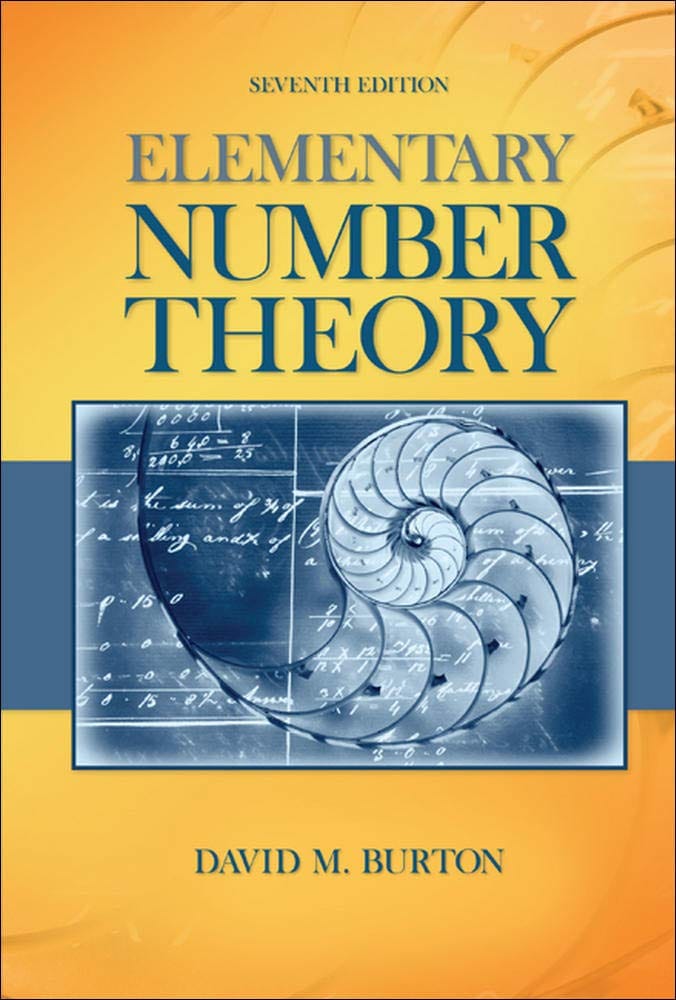
Elementary Number Theory Problems 4.2 Solution (David M. Burton's 7th Edition) - Q12 Paid Members Public
My Solution for "Prove the following statements: (a) If $gcd(a, n) = 1$, then the integers $$c, c + a, c + 2a, c + 3a, ... , c + (n - 1)a$$ form a complete set of residues modulo $n$ for any $c$. (b) Any $n$ consecutive integers form a complete set of residues modulo $n$. (c) The product of ..."
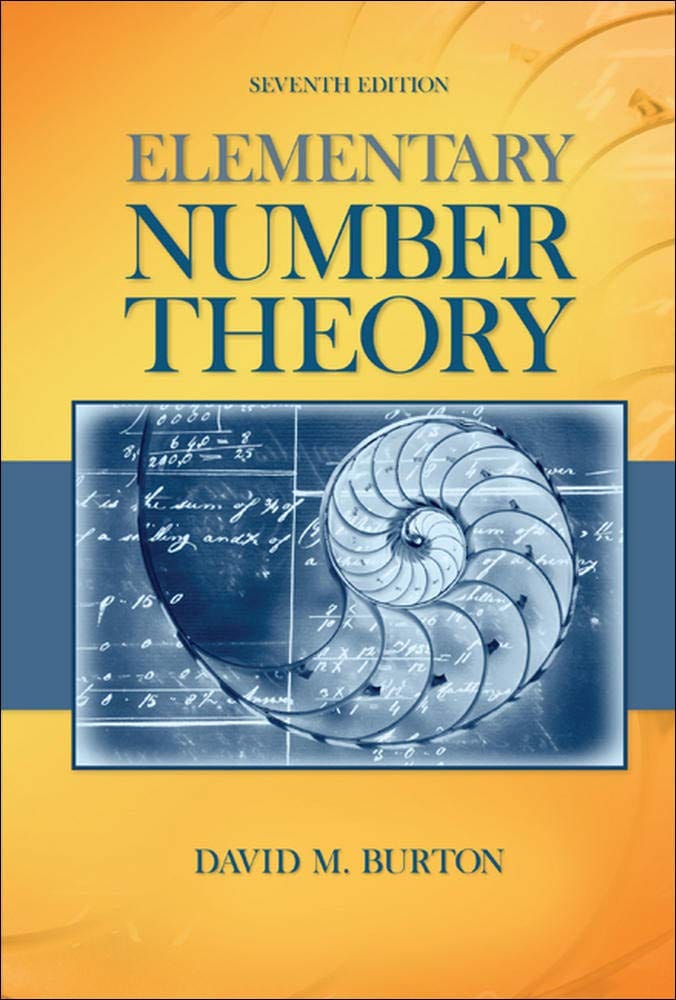
Elementary Number Theory Problems 4.2 Solution (David M. Burton's 7th Edition) - Q11 Paid Members Public
My Solution for "Verify that $0, 1, 2, 2^{2}, 2^{3}, ..., 2^{9}$ form a complete set of residues modulo $11$, but that $0, 1^{2} , 2^{2} , 3^{2} , ... , 10^{2}$ do not."
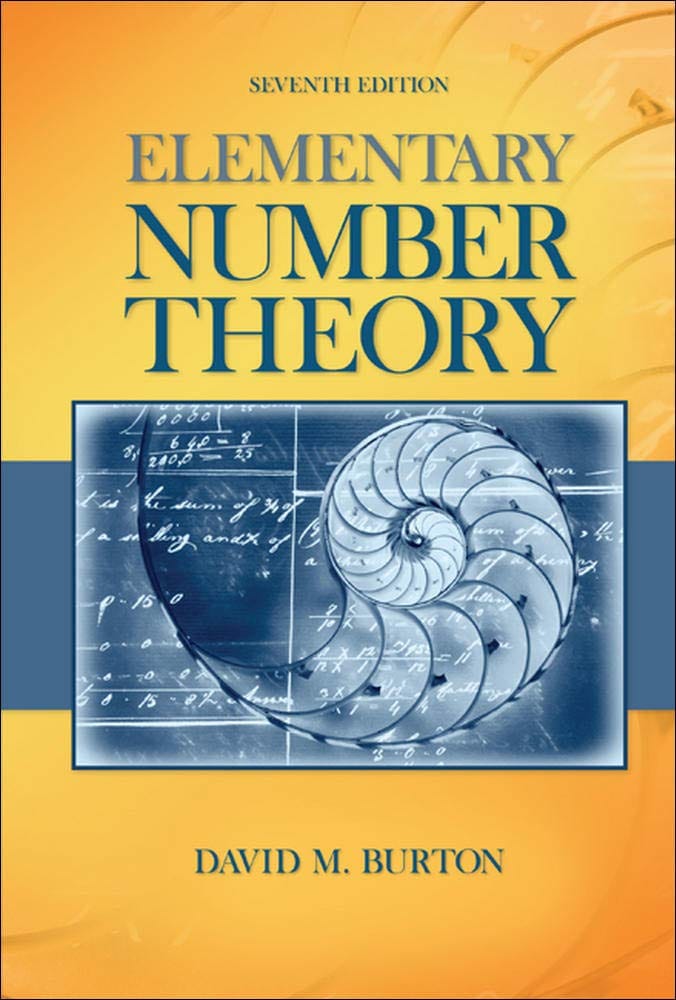
Elementary Number Theory Problems 4.2 Solution (David M. Burton's 7th Edition) - Q10 Paid Members Public
My Solution for "If $a_{1}, a_{2}, ..., a_{n}$ is a complete set of residues modulo $n$ and $gcd(a, n) = 1$, prove that $aa_{1}, aa_{2}, ... , aa_{n}$ is also a complete set of residues modulo $n$. [Hint: It suffices to show that the numbers in question are incongruent modulo $n$.]"
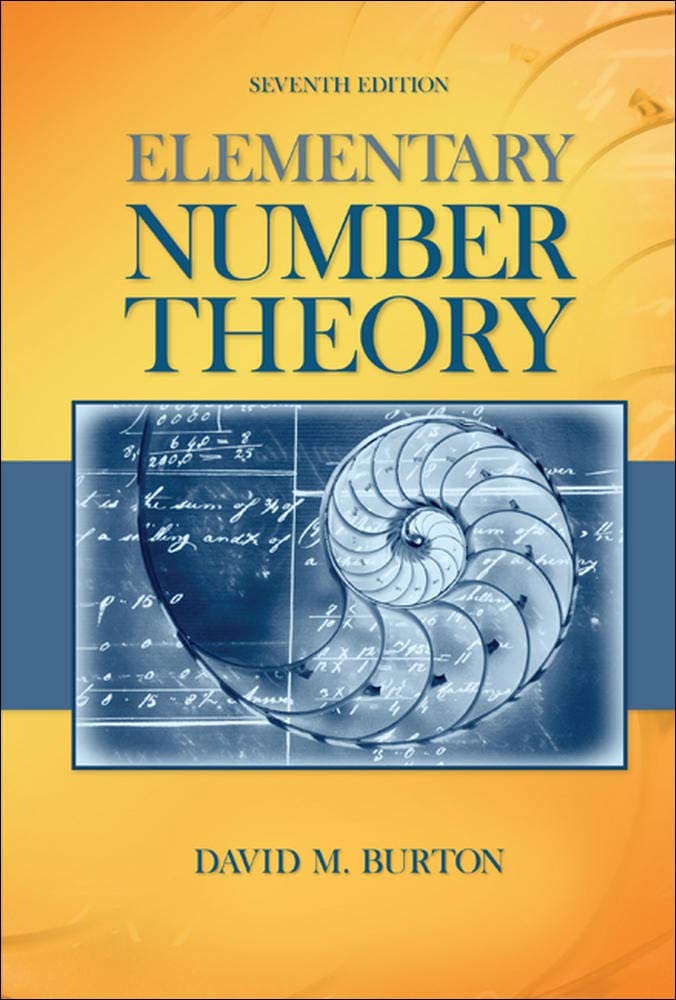
Elementary Number Theory Problems 4.2 Solution (David M. Burton's 7th Edition) - Q9 Paid Members Public
My Solution for "If $p$ is a prime satisfying $n < p < 2n$, show that $${2n \choose n} \equiv 0 \pmod p$$"
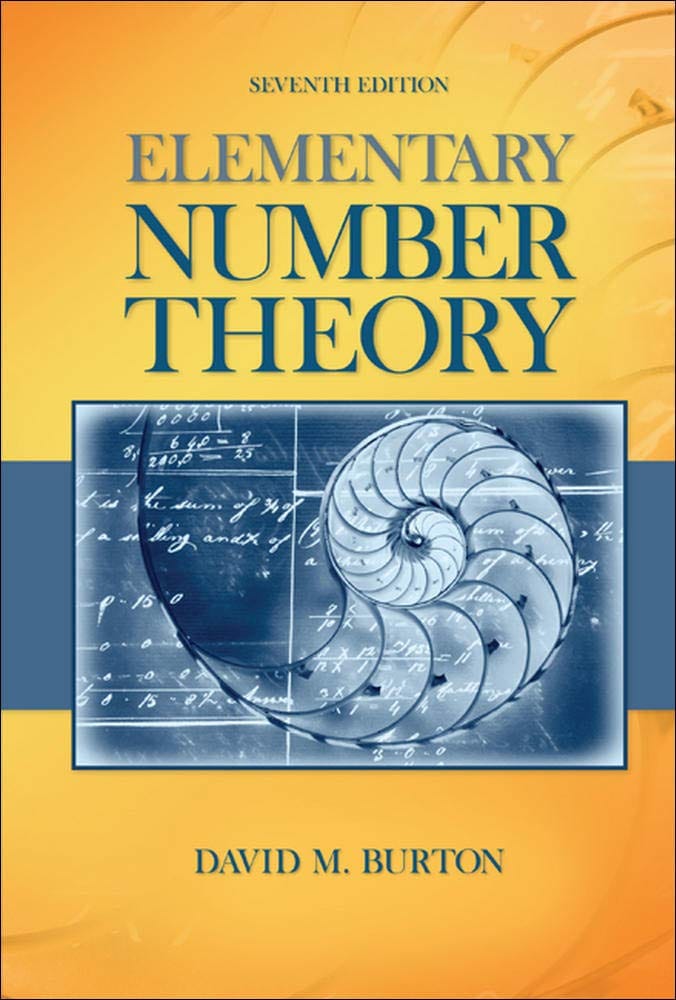
Elementary Number Theory Problems 4.2 Solution (David M. Burton's 7th Edition) - Q8 Paid Members Public
My Solution for "Prove the assertions below: (a) If $a$ is an odd integer, then $a^{2} \equiv 1 \pmod 8$. (b) For any integer $a$, $a^{3} \equiv 0, 1,$ or $6 \pmod 7$. (c) For any integer $a$, $a^{4} \equiv 0$ or $1 \pmod 5$. (d) If the integer $a$ is not divisible by $2$ or $3$, ..."
